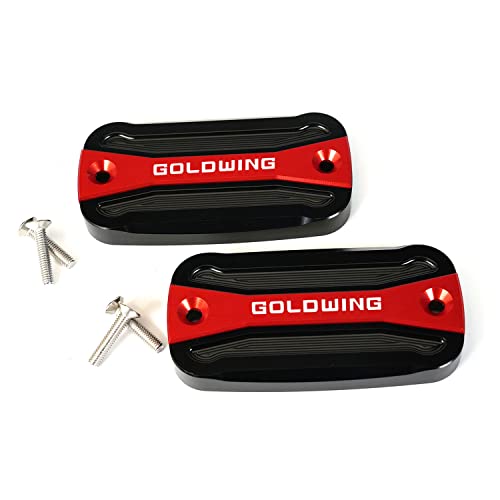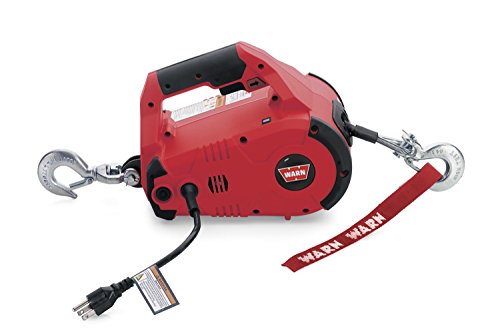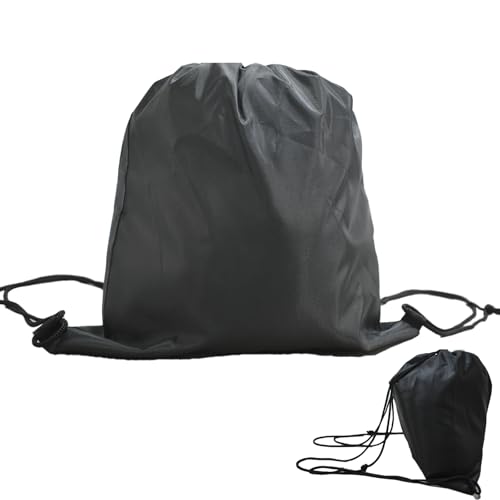TheRepoGuy
Well-known member
I’m going to have to go the ignorant route for this one - if my head gaskets are cooked which I’d gather is entirely possible that’s one place to look for bad compression but I have always thought (lack of experience tearing down motors...I’ve replaced them never fully rebuilt one) that the piston rings also were connected somehow to the compression of the motor no?
I’m thinking I might just order the top end rebuild kit for mine, retorque everything down to spec and see if I can get it back up to par though I don’t know if that’s my actual problem or not I figured it was a good place to start! Getting my pressure gauge tomorrow so hopefully that will answer some of my problems!
Nate
Sent from my iPhone using Tapatalk
I’m thinking I might just order the top end rebuild kit for mine, retorque everything down to spec and see if I can get it back up to par though I don’t know if that’s my actual problem or not I figured it was a good place to start! Getting my pressure gauge tomorrow so hopefully that will answer some of my problems!
Nate
Sent from my iPhone using Tapatalk




















































